COMPETITIONS CLOSED
The Sony World Photography Awards 2025 are now closed. Stay tuned for the upcoming announcements and exhibition news.
The Sony World Photography Awards 2025 are now closed. Stay tuned for the upcoming announcements and exhibition news.
Plastic pollution in the environment continues unabated, posing serious threat to human and animal lives. Environmentalists say that plastic can exist in soil, water for a long time as it is not biodegradable, and it may turn into leachate. When it comes touch with heat, it can get into the food chain and enter human body causing diseases and, eventually, deaths. It gradually breaks into very small particles and get back into animal bodies through the food chain. When burned, plastic releases dangerous chemicals such as hydrochloric acid, sulfur dioxide, dioxins, furans and heavy metals as well as particulates. Inhaling the emission of such elements is known to cause respiratory ailments and harm the human immune system.
While plastic has many valuable uses, we have become addicted to single-use or disposable plastic with severe environmental consequences. Around the world, one million plastic drinking bottles are purchased every minute, while up to 5 trillion single-use plastic bags are used worldwide every year. In total, half of all plastic produced is designed to be used only once and then thrown away. As countries around the world try to cut down on throwaway plastic shopping bags, Bangladesh is stepping up with an alternative: plastic-like bags made from jute, the plant fiber that is used to produce burlap bags. Bangladeshi scientist Dr. Mubarak Ahmad Khan invented a biodegradable and eco-friendly bag from jute cellulose, which is being considered to have great potential in replacing plastic bags. The scientist calls it ‘’Sonali Bag’’. Sonali is the Bengali word for “golden” and, locally, Jute is called golden fiber.
The bag looks like Plastic-polyethene bag but actually not. The strength of the material is also about the same as polythene bags. The bags are one hundred percent eco-friendly, sustainable, and recyclable. The bags are, after being disposed, are expected to be fully decomposed within only 3-4 months, where a polythene bag can take even 200 years. The colors used are also food grade. Main chemical components are Jute cellulose, Synthetic polymer as binder (biodegradable) and cross-linker for chemical reaction. Jute contains about 72-75% cellulose and about 50-55% of it can be extracted.

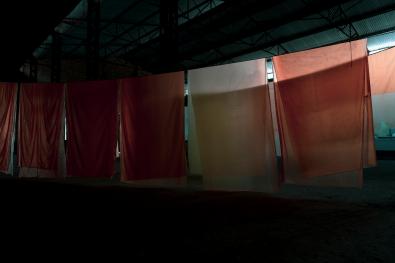
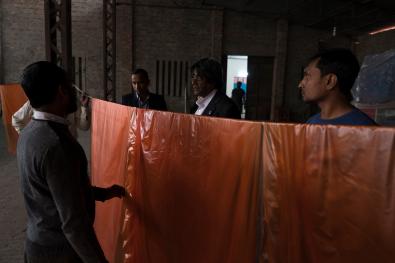
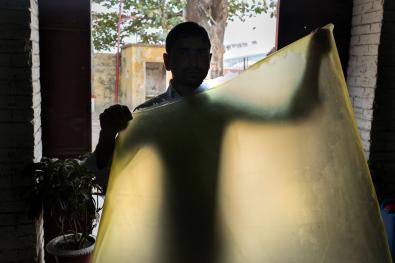
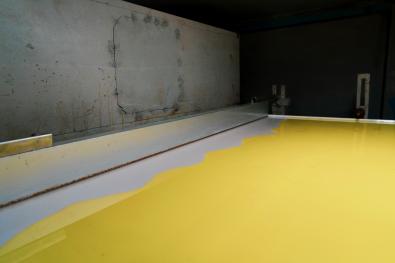
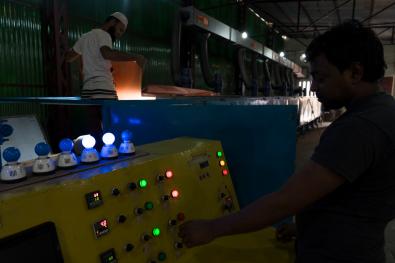
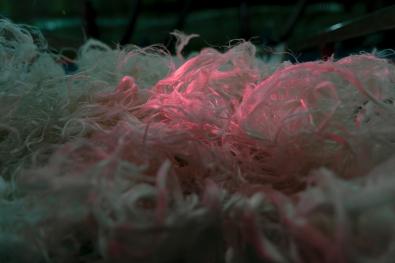
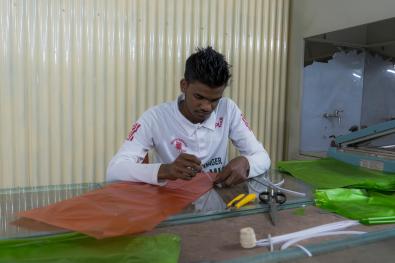
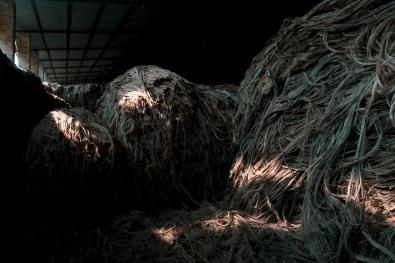
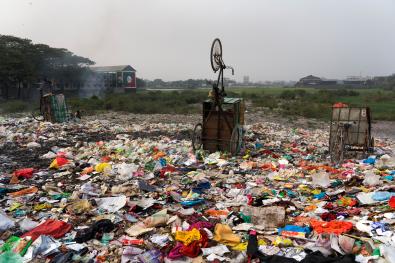
The Sony World Photography Awards 2025 are now closed. Stay tuned for the upcoming announcements and exhibition news.









